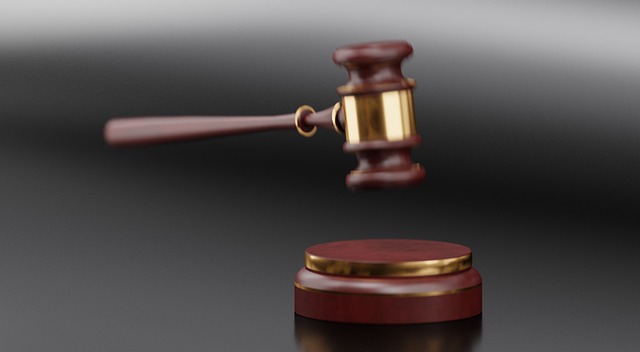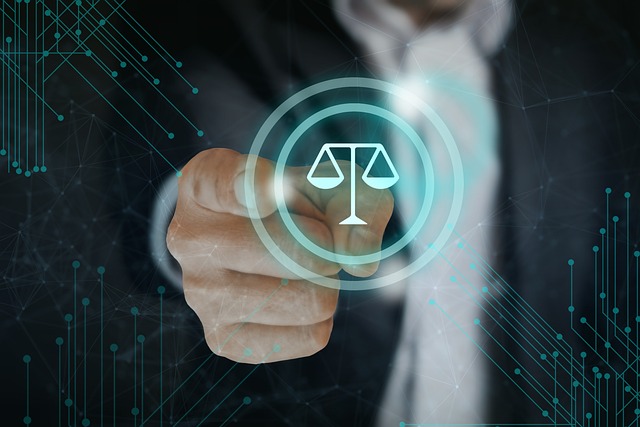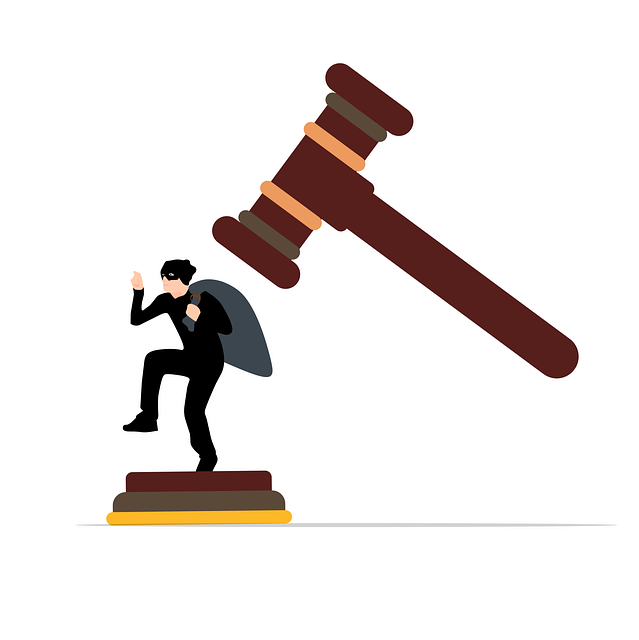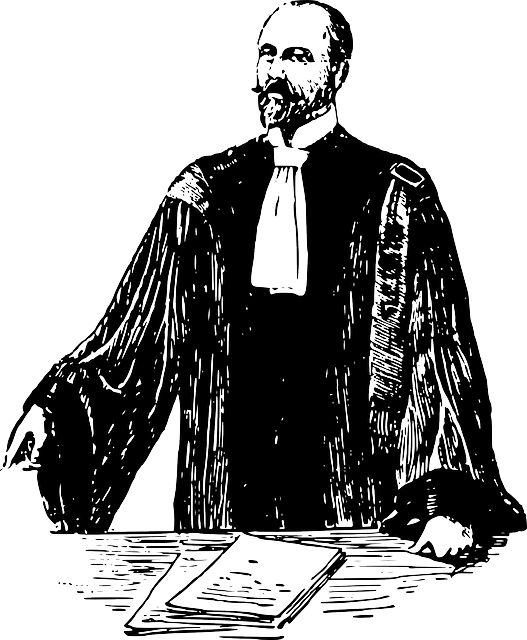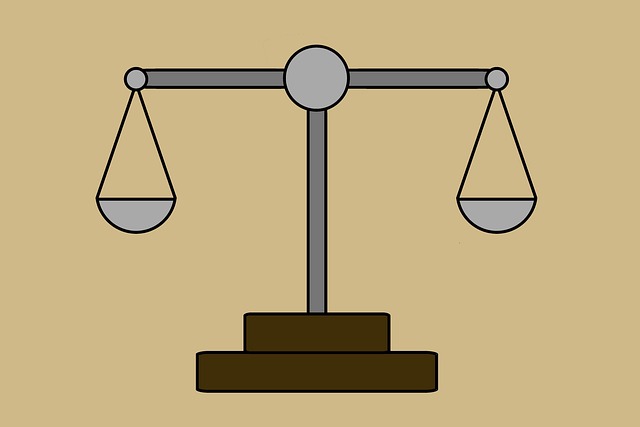In Oregon, a strong understanding of criminal defense rights and access to legal support are crucial for ensuring a fair trial. Key protections include the right to remain silent, consult an attorney, a speedy public trial by an impartial jury, confront witnesses, and protection from double jeopardy. Fair trial advocacy, facilitated by organizations like ODLA and public defender offices, safeguards constitutional rights, promotes effective client-attorney communication, and ensures fairness throughout legal proceedings. The state's legal aid system offers free or low-cost assistance, while community organizations empower defendants to navigate the complexities of the criminal justice system.
In Oregon, criminal defense rights are crucial for ensuring a just and fair trial. This article guides you through the intricate landscape of legal support and rights available to defendants. We explore key aspects such as understanding your rights, navigating fair trial advocacy, and leveraging resources from various organizations. By delving into these areas, individuals can better comprehend and exercise their legal protections, fostering a more equitable criminal justice system in Oregon.
- Understanding Criminal Defense Rights in Oregon
- Navigating Legal Support and Fair Trial Advocacy
- Resources and Organizations for Criminal Defendants in Oregon
Understanding Criminal Defense Rights in Oregon

In Oregon, understanding criminal defense rights is paramount for ensuring a fair trial. Every individual accused of a crime is entitled to certain legal protections and procedures that safeguard their interests. These rights are designed to ensure due process, provide avenues for appeal, and prevent arbitrary or unjust convictions. Key among these is the right to remain silent, ensuring no one incriminates themselves; the right to an attorney, who can offer vital legal advice and representation; and the right to a speedy and public trial by an impartial jury.
Fair trial advocacy also encompasses the right to confront witnesses against them, ensuring transparency and allowing for cross-examination to uncover potential biases or inaccuracies in testimony. Additionally, Oregon law guarantees protection from double jeopardy, meaning individuals cannot be tried twice for the same offense, and the right to an appeal, enabling accused persons to challenge their convictions or sentences. These collective rights form the backbone of Oregon’s criminal justice system, aiming to uphold fairness, justice, and due process.
Navigating Legal Support and Fair Trial Advocacy

Navigating legal support and fair trial advocacy is a critical aspect of ensuring justice for all individuals in Oregon. With the right assistance, those facing criminal charges can better understand their rights and navigate the complexities of the legal system. Legal support organizations play a pivotal role by providing pro bono services, educating defendants about their entitlements, and offering guidance tailored to their unique circumstances. These resources are invaluable, especially for those from underserved communities who might otherwise face significant barriers to accessing justice.
Fair trial advocacy focuses on upholding the integrity of the criminal justice system by advocating for defendants’ rights at every stage of the legal process. This includes challenging any violations of constitutional rights, ensuring effective communication between clients and their attorneys, and promoting an environment where all parties are treated fairly. By fostering a culture of transparency and equality within the legal framework, fair trial advocacy strengthens the overall integrity of Oregon’s criminal justice system.
Resources and Organizations for Criminal Defendants in Oregon

In Oregon, criminal defendants have access to a range of resources and organizations dedicated to ensuring they receive a fair trial. The state’s legal aid system provides free or low-cost legal assistance to those who cannot afford an attorney, covering various aspects of criminal defense. This includes initial consultations, representation during critical court proceedings, and appeals. Non-profit organizations like the Oregon Defense Lawyers Association (ODLA) also play a significant role in advocating for fair trial practices, offering pro bono services and educational resources to support defendants’ rights.
Additionally, Oregon’s public defender offices are integral to the fair trial process, staffing qualified attorneys who represent clients accused of crimes. These offices work tirelessly to protect individual liberties, ensuring that all defendant’s receive competent legal counsel. Other valuable resources include legal clinics and community organizations that provide guidance, information, and support services, empowering defendants to navigate the complexities of the criminal justice system effectively.
